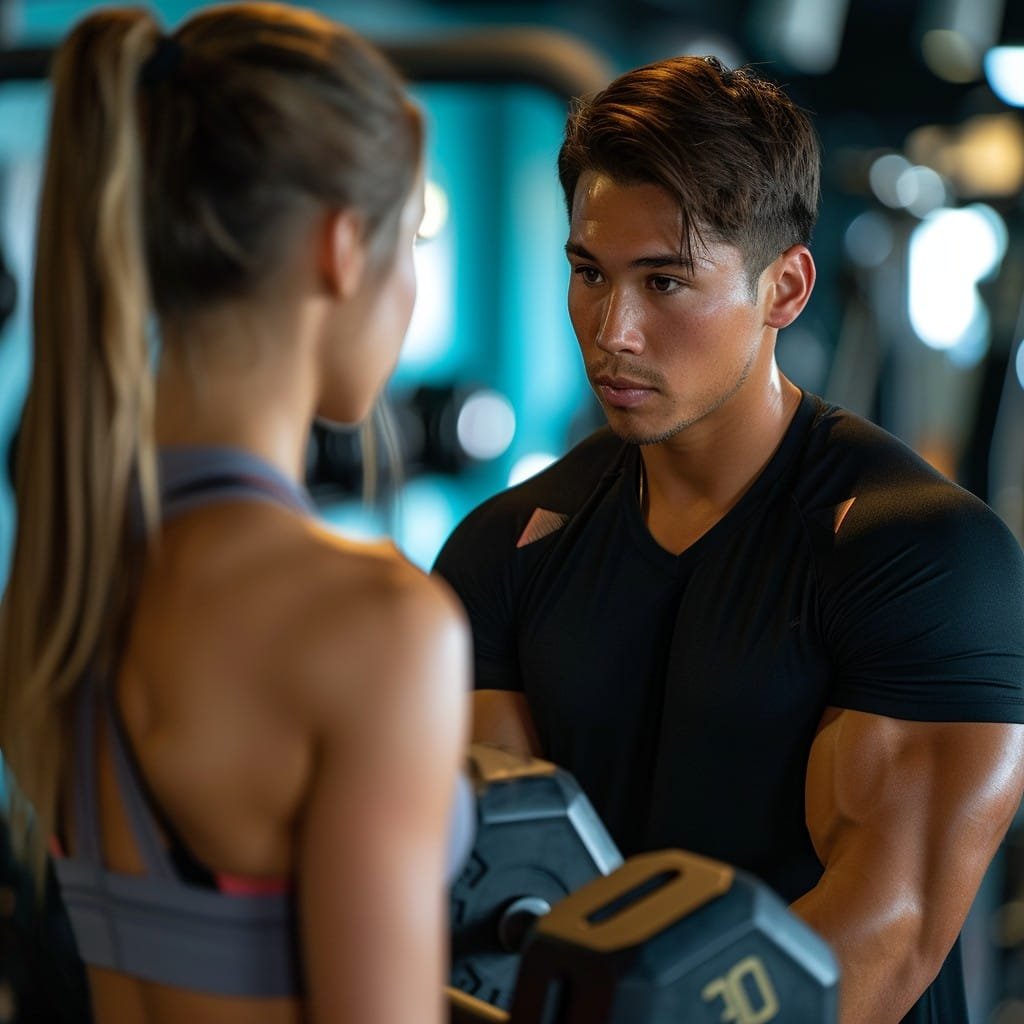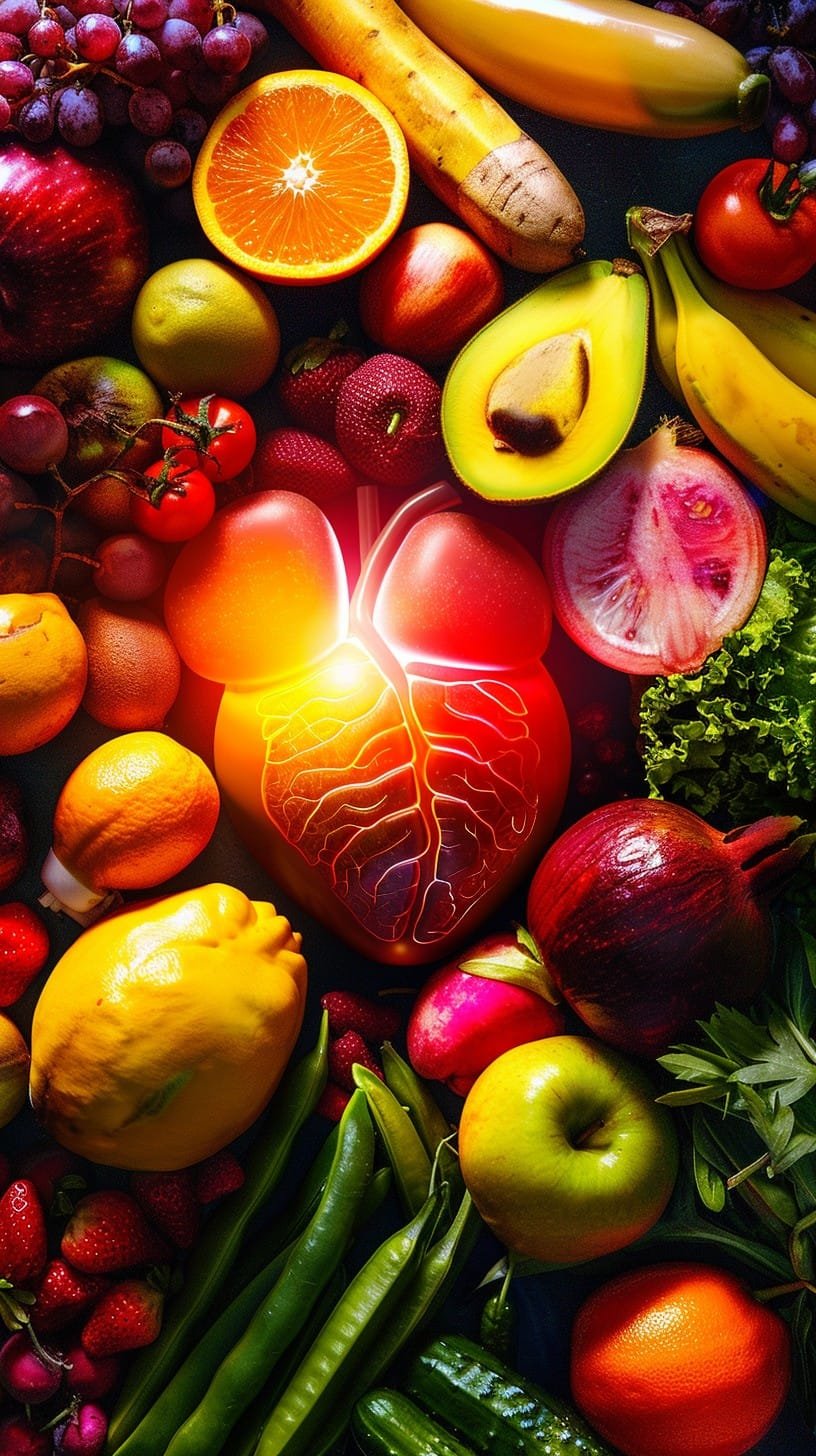When it comes to achieving fitness goals, workout nutrition is often the unsung hero. Whether you’re aiming to build muscle, lose weight, or enhance endurance, the right nutrition can make all the difference. It’s not just about what you eat but when you eat it. This guide will delve into the essentials of workout nutrition, providing you with actionable insights to optimize your performance and recovery.

Why Workout Nutrition Matters
Fueling your body properly before, during, and after exercise can enhance performance, speed up recovery, and reduce the risk of injury. Proper nutrition supports energy levels, provides the necessary nutrients for muscle repair, and helps maintain hydration—all crucial elements for anyone engaged in physical activity.
- Energy Supply: Carbohydrates are your body’s primary energy source. Consuming adequate carbs before a workout ensures you have the stamina to perform at your best.
- Muscle Repair: Protein plays a critical role in muscle recovery. Post-workout protein consumption helps repair muscle fibers and aids growth.
- Hydration: Staying hydrated helps maintain performance levels and prevents fatigue, cramps, and overheating.
Macronutrients in Workout Nutrition
Understanding macronutrients—carbohydrates, proteins, and fats—and their role in workout nutrition is crucial.
Carbohydrates: The Energy Source
Carbohydrates are essential for energy, especially during high-intensity workouts. They are stored in muscles and liver as glycogen, which fuels your exercise. Depending on the intensity and duration of your workout, your carb needs will vary:
- For Endurance Athletes: A diet comprising 60-70% carbohydrates is recommended to sustain prolonged exercise.
- For Strength Training: A moderate intake of 40-60% carbohydrates is often sufficient, with an emphasis on timing around workouts.
Best Sources: Whole grains, fruits, vegetables, and legumes are excellent carbohydrate sources.
Protein: The Building Block
Protein is vital for muscle repair and growth. Consuming protein after workouts helps stimulate muscle protein synthesis, promoting recovery and adaptation.
- Recommended Intake: Aim for about 20-30 grams of protein post-workout for optimal muscle repair, depending on your body weight and workout intensity.
Best Sources: Lean meats, poultry, fish, eggs, dairy products, and plant-based options like beans and lentils provide high-quality protein.
Fats: The Fuel for Longer Sessions
While carbohydrates are the primary fuel during workouts, fats become increasingly important for longer-duration, lower-intensity exercises. Healthy fats support hormone production and nutrient absorption.
- Recommended Intake: Fats should make up about 20-35% of your total daily calorie intake.
Best Sources: Avocados, nuts, seeds, olive oil, and fatty fish are great choices for healthy fats.
Pre-Workout Nutrition
What you eat before a workout can significantly impact your performance. Here’s how to optimize your pre-workout nutrition:
- Timing: Aim to eat a meal 2-3 hours before your workout. If you’re in a hurry, a small snack 30-60 minutes prior can work.
- Composition: Your pre-workout meal should be rich in carbohydrates, moderate in protein, and low in fats and fiber to ensure easy digestion.
Pre-Workout Meal Ideas:
- A bowl of oatmeal topped with bananas and honey.
- Greek yogurt with mixed berries and a sprinkle of granola.
- Whole grain toast with peanut butter and sliced apple.
During Workout Nutrition
For most workouts lasting less than an hour, water is typically sufficient for hydration. However, if you’re engaging in prolonged or intense sessions, consider the following:
- Electrolytes: Sodium and potassium are key electrolytes that help maintain hydration and muscle function. Sports drinks can help replenish these.
- Carbohydrates: For endurance workouts exceeding 60 minutes, consume 30-60 grams of carbohydrates per hour through sports gels, chews, or drinks.
Post-Workout Nutrition
After a workout, your body needs to recover and rebuild. This is where post-workout nutrition comes into play:
- Timing: Aim to consume a post-workout meal or snack within 30-60 minutes to optimize recovery.
- Composition: Combine carbohydrates and protein to replenish glycogen stores and support muscle repair. A general ratio of 3:1 (carbs to protein) is often recommended.
Post-Workout Meal Ideas:
- A protein shake made with whey protein and a banana.
- Grilled chicken with quinoa and steamed vegetables.
- A smoothie with spinach, protein powder, Greek yogurt, and frozen fruits.
Hydration: The Often Overlooked Aspect
Hydration is a crucial component of workout nutrition. Even slight dehydration can impair performance. Here’s how to stay on top of your hydration game:
- Before Exercise: Drink 16-20 ounces of water 2-3 hours before working out.
- During Exercise: Aim for 7-10 ounces of water every 10-20 minutes, adjusting based on heat and humidity.
- After Exercise: Rehydrate with water or electrolyte drinks to replace lost fluids.
Supplements: Are They Necessary?
While a well-rounded diet can meet most nutritional needs, some individuals may consider supplements. Here are some common ones:
- Protein Powders: Useful for those struggling to meet protein needs through food alone.
- Creatine: Known to enhance strength and muscle mass.
- BCAAs (Branched-Chain Amino Acids): May help reduce muscle soreness and improve recovery.
Before starting any supplement regimen, it’s best to consult with a healthcare provider or nutritionist to ensure they fit your individual needs and goals.
Read More: Common Mistakes in Workout Nutrition and How to Avoid Them
Conclusion
Workout nutrition is a cornerstone of any effective fitness plan. By understanding the role of macronutrients, timing your meals, and staying hydrated, you can enhance your performance and accelerate recovery. Remember, what you put into your body is just as important as the effort you put into your workouts. Tailor your nutrition to your specific fitness goals, and watch as your results begin to shine. Your journey to optimal fitness is not just about working hard; it’s about fueling your body right!








